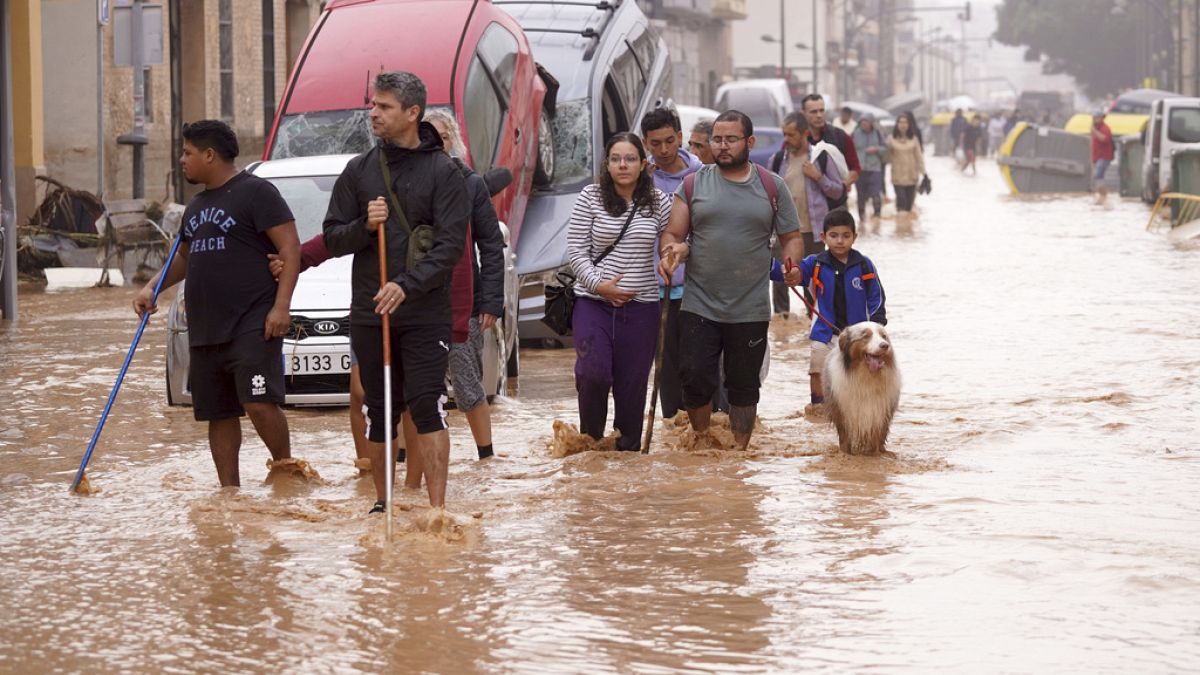The deadly impact of extreme weather events has been on the rise across the world in recent years, with droughts, heatwaves, and floods claiming thousands of lives. Climate scientists have now established a direct link between the frequency of these extreme weather events and the effects of climate change. Recent analyses have shown that the deadly floods in Spain, which claimed close to 100 lives, were intensified by global heating, making such events more likely and intense due to the warming atmosphere. The increase in average global temperatures due to fossil fuel emissions has made the atmosphere capable of holding more moisture, leading to heavier bursts of rainfall and catastrophic flooding.
The situation is becoming increasingly urgent as the Earth approaches the critical threshold of 1.5°C above pre-industrial levels, which was outlined in the Paris Agreement. However, the current trajectory of government action falls significantly short of the measures needed to mitigate the effects of climate change. With temperatures projected to rise well beyond 3°C by the end of the century, urgent action is needed to prevent further catastrophic weather events. The World Weather Attribution project at Imperial College London has developed a protocol to assess the impact of climate change on extreme weather events in real-time, providing crucial information to local scientists and meteorologists.
The recent deadly floods in Spain have only highlighted the urgent need for action, as the world grapples with the consequences of global heating. The World Weather Attribution scientists have linked man-made climate change to ten of the most deadly extreme weather events in the past two decades, underscoring the fact that there is no such thing as a natural disaster. Vulnerability and exposure of populations play a crucial role in turning meteorological hazards into humanitarian disasters. Wealthier countries may have more resources to cope with extreme weather events, but they are not immune to the dangers, as seen in the heatwaves that claimed 90,000 lives in Europe in recent years.
The need for global cooperation and commitment to reducing emissions is paramount in the battle against climate change. The upcoming COP29 climate summit in Baku will be a crucial platform for world leaders to discuss ways to accelerate the transition away from fossil fuels. The focus will also be on providing meaningful finance to the loss and damage fund to help developing countries cope with the impacts of climate change. It is essential for all countries to prepare for a future where extreme weather events are more frequent and intense, as the evidence linking these events to climate change continues to grow.
As temperatures continue to rise, this year is set to be the hottest ever recorded, breaking the previous record set in 2023. Climate experts warn that the body of evidence linking extreme weather to climate change will only continue to grow, emphasizing the need for immediate action. The urgency to cut emissions and transition away from fossil fuels is clear in order to prevent further catastrophic weather events. World leaders, ministers, and officials must prioritize climate action at COP29 and pledge meaningful finance to assist countries in coping with the impacts of climate change. Time is running out, and the consequences of inaction are becoming increasingly dire.











